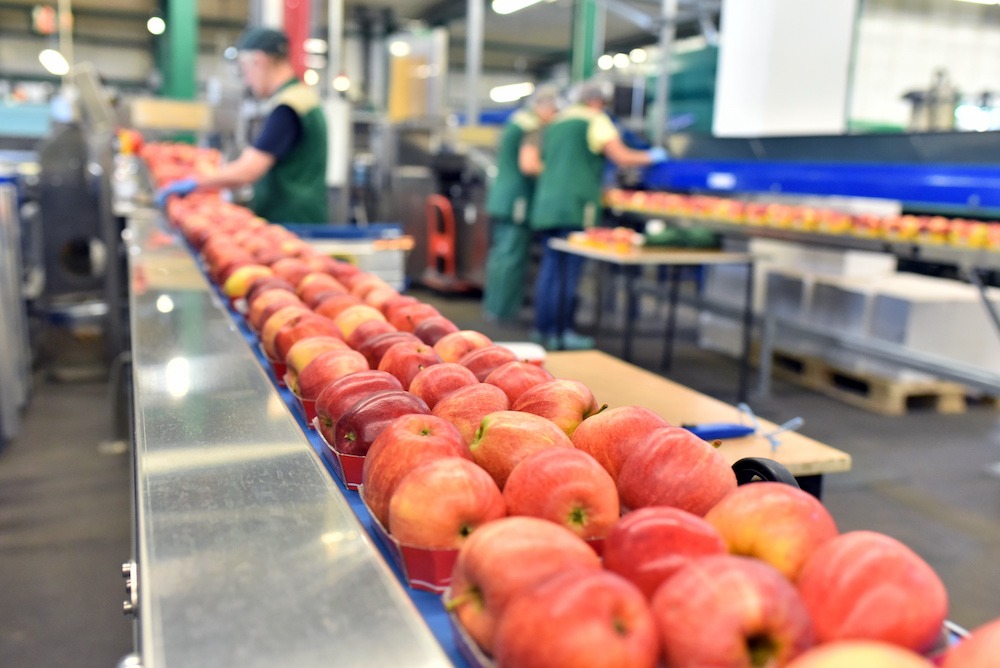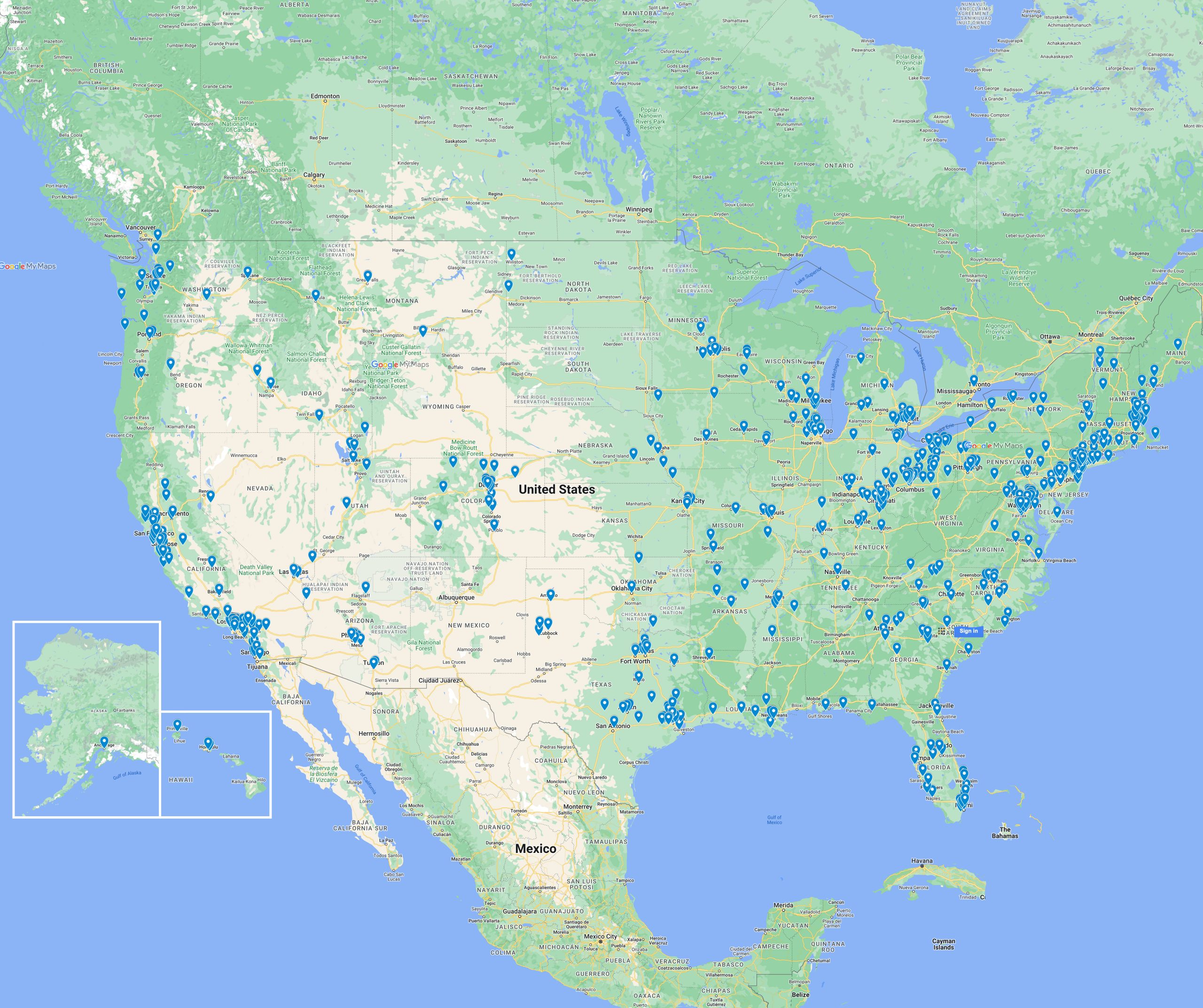
Connecting Frontline Employees to a Culture of Food Safety
Connecting Frontline Employees to a Culture of Food Safety

Introduction
Across the food industry, developing or improving a culture of food safety has become a prerequisite for a successful, growth-minded business. As leaders of your organization, it is important that you recognize the value and benefits of a positive culture of food safety. Just as important, however, is the connection between frontline employees and their impact on the company’s food safety culture.
It is the responsibility of an organization’s leadership to connect frontline employees with the company’s mission and core values. This should include a priority for producing safe, quality products. How can you accomplish this? By encouraging employees to connect their role with the customer and their experience.
Leadership: The Tone Setter for Your Organization
Once an organization defines their core values, it is the responsibility of the leadership to set the stage for how those values show up in the day-to-day operations of the business. One of the most common problems that organizations experience is the disconnect between customer facing employees and employees involved with the operations of the business.
To best understand the disconnect between the manufacturing, handling and delivery of products and the experience that customers have when they purchase products, you must remember that in many companies, the operational employee does not regularly think of the customer.
Reframe the Role
An operations employee’s job is to follow an operating procedure, power equipment in the precise required order and to look out for the signposts that their tasks are functioning as intended. Team members load hoppers, connect hoses, sanitize contact services, bake bread, fill bottles, etc.
The customer is not part of this process and therefore, is not a part of their consideration. However, in order to drive a culture of food safety, all employees – no matter their role within the organization – should understand and be able to articulate how their role delivers on a company’s commitment to produce safe, quality products.
The operations employee batching ingredients must understand that following the recipe as designed delivers a consistent, high quality product that customers depend on. The sanitation team member cleaning contact surfaces must know that using the correct concentration and temperature of water and chemicals ensures that the contact surfaces are free of hazards that could make a customer sick.
Regardless of their role, it is imperative that employees understand how the day-to-day tasks of their job can positively (or negatively) impact a customer’s experience with their products. Only leadership can bridge this divide in connecting frontline employees to a Culture of Food Safety. And only well planned and well thought through management can coordinate and correlate activities. Then, the operational actions of the employees manning the equipment merge with the feedback of logistical employees responsible for understanding how food is interacted with or sought after in the marketplace.
Next Steps:
For more examples of how to implement a culture of food safety within your organization, view our






